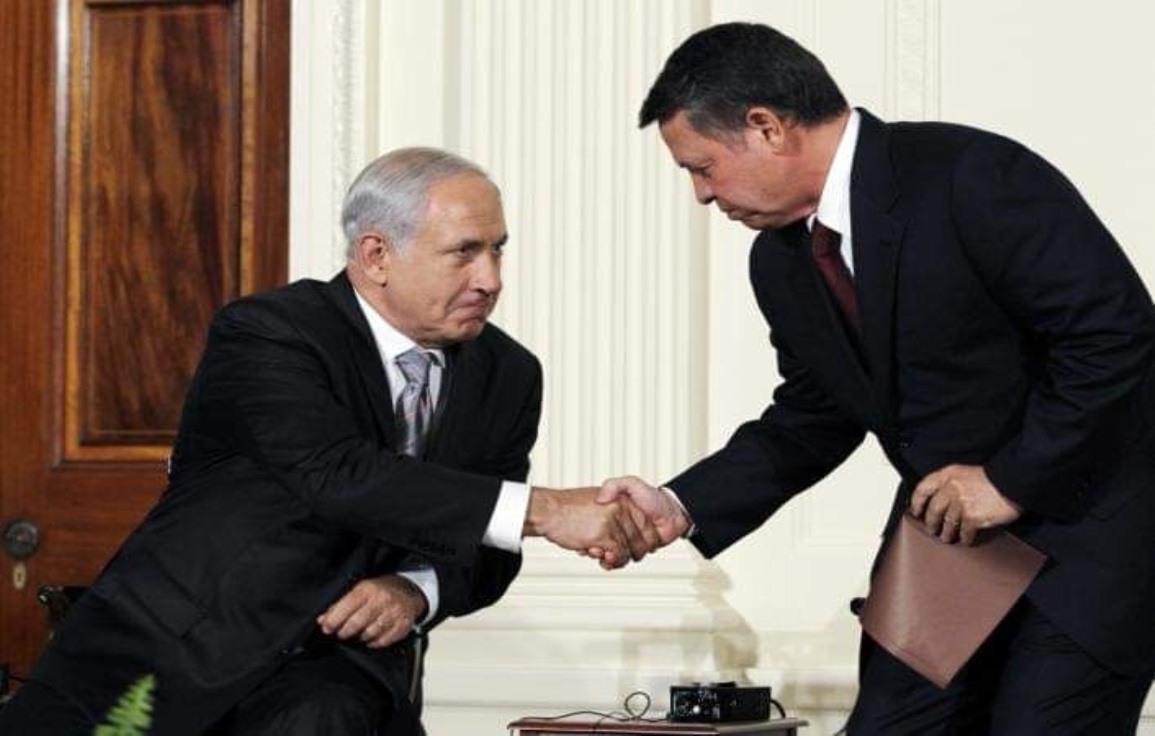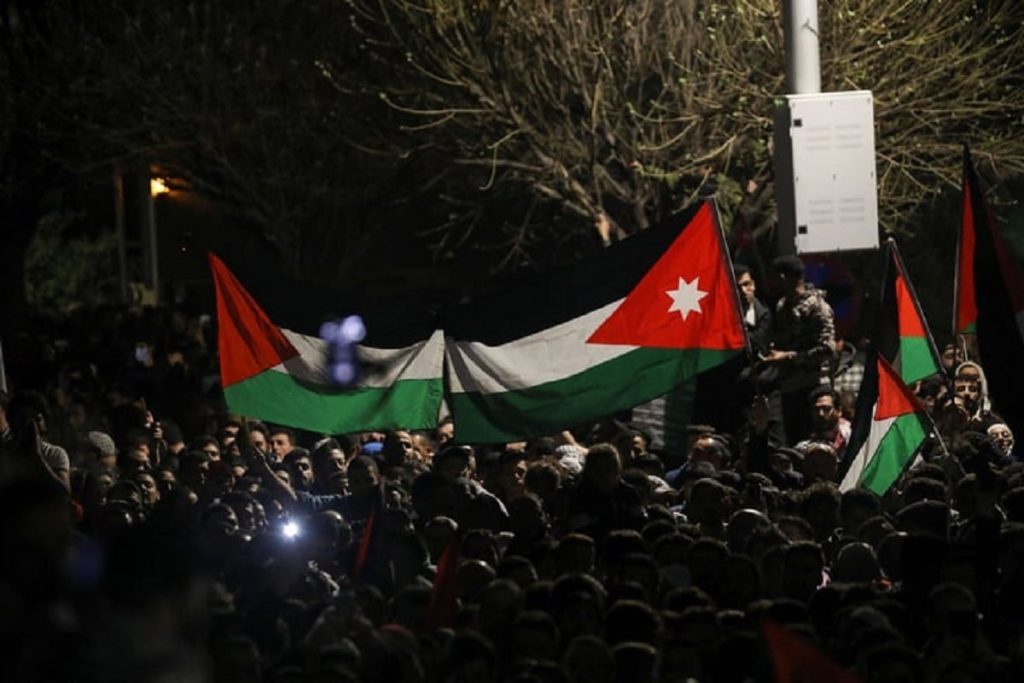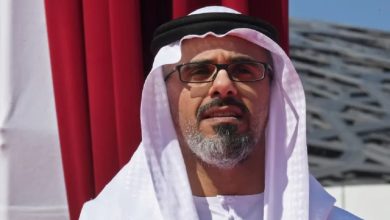Jordan’s Strategy to Counter Trump’s Palestinian Relocation Plan
Reviving elements of the "Deal of the Century," Trump’s proposal for Palestinian displacement faces staunch rejection from Jordan, which emphasizes sovereignty and the two-state solution.

Watan-Statements by U.S. President Donald Trump regarding the displacement of Palestinians to Jordan and Egypt sparked strong official and popular rejection.
Speaking to reporters, Trump said Jordan and Egypt should host more Palestinians from the Gaza Strip, as the Israeli war on Gaza has caused a humanitarian crisis.
Trump mentioned his communication with Jordan’s King Abdullah II, stating: “I told him I would like you to take in more [Palestinians], because I see the entire Gaza Strip now in chaos. It’s real chaos.”
Notably, these statements add additional pressure on Jordan, particularly following news of a freeze on U.S. foreign aid. The U.S. State Department announced a 90-day suspension of all foreign aid, except for Egypt and Israel.
Jordan signed a memorandum of understanding with the U.S. in 2022 for $10.15 billion over seven years.
Jordan’s official response to Trump’s remarks was swift. Foreign Minister Ayman Safadi reaffirmed that the solution to the Palestinian issue lies in Palestine, stating, “Jordan is for Jordanians, and Palestine is for Palestinians.”
In a press statement, Safadi emphasized that Jordan’s stance remains unchanged: the two-state solution is the path to peace, and Jordan rejects displacement in any form.
Despite this, Safadi added that Jordan looks forward to working with the new U.S. administration and supports efforts for peace in the region.

with Gaza
“A Replica of the Deal of the Century”
Jordanian academic Badr Madi, a professor of political sociology at the German-Jordanian University, noted that Trump’s statements are not new but rather a revival of the “Deal of the Century” project from his first term.
Madi told that Trump consistently seeks to alleviate pressure on Israel’s far-right government and plays the “demographic time bomb” card, a longstanding Israeli concern addressed through settlement expansion projects.
He added that Trump’s remarks were shocking for both Jordan and Egypt, despite their efforts to stabilize the region.
Egypt has faced ongoing pressure to relocate Gazans to its territory for the past 15 months, successfully preventing the depopulation of Gaza.
Options for Confrontation
Madi stressed that Jordan will strongly oppose any plan to displace Palestinians to its territory or Egypt’s, even if tied to foreign aid. He highlighted Jordan’s strong ties with U.S. institutions, including the military and Congress, and the kingdom’s potential for intensive diplomatic efforts to counter Trump’s proposals.
He criticized Trump for lacking an understanding of the region’s complex dynamics and failing to recognize the deep connections Palestinians, Jordanians, and Egyptians have to their land, destiny, and national identity.
Madi suggested that Jordan should first coordinate bilaterally with Egypt and then trilaterally with Palestine to confront the project discussed by Trump.
Responsibilities of Neighboring Countries
Rula Al-Hroub, Secretary-General of the Jordanian Workers’ Party and a member of Parliament, emphasized the need for the Jordanian government to persuade Gulf countries, particularly Saudi Arabia, not to support Trump’s desire for massive U.S. investment unless he agrees to a declaration of an independent Palestinian state with Jerusalem as its capital.
Al-Hroub told that Arab countries must stand by the Palestinian people and contribute to rebuilding Gaza. She noted that Gulf states, particularly Saudi Arabia, hold significant leverage over the Trump administration and Israel’s far-right government. She suggested using this leverage to halt participation in the Abraham Accords and potentially withdraw from them.

The Need for Openness
Al-Hroub called for domestic and external openness, urging the government to unify internal ranks, expand freedoms, and end security restrictions. She also advocated for halting all forms of security coordination with Israel.
Externally, she recommended aligning with the European Union, which faces its own challenges with Trump’s policies. She proposed forming a global coalition against Trump’s policies, reminiscent of the Non-Aligned Movement during Egypt’s Gamal Abdel Nasser era.
She also stressed the importance of engaging with major Islamic countries like Turkey, Iran, Pakistan, Malaysia, and Indonesia to establish unified positions against Trump’s project.
The Ability to Forgo Aid
On the issue of foreign aid and the possibility of it being used as leverage by the U.S., Badr Madi argued that Jordan could survive without aid, despite the economic cost.
He noted that Jordan has not received much financial support from Arab nations in recent years, yet the country managed to maintain stability to a large extent.
While acknowledging the importance of U.S. aid for both civil society and the state, he asserted that Jordan could forgo it, even if it caused significant financial and economic strain in the coming years. He emphasized that Jordan could minimize losses by expediting the success of a Jordanian-Saudi-Syrian-Turkish alliance in trade and industry.

A Red Line Set by the King
Jordan’s King Abdullah II has repeatedly stated his rejection of any plan to relocate Palestinians to Jordan. His most recent remarks in September reaffirmed Jordan’s refusal of any notion of turning the country into an “alternative homeland” for Palestinians, describing forced displacement as a “war crime.”
Speaking before the United Nations General Assembly, the king noted that the Arab world had extended its hand to Israel through the Arab Peace Initiative, willing to recognize and normalize relations with it in exchange for peace. However, successive Israeli governments chose confrontation, emboldened by years of impunity in the absence of accountability.






